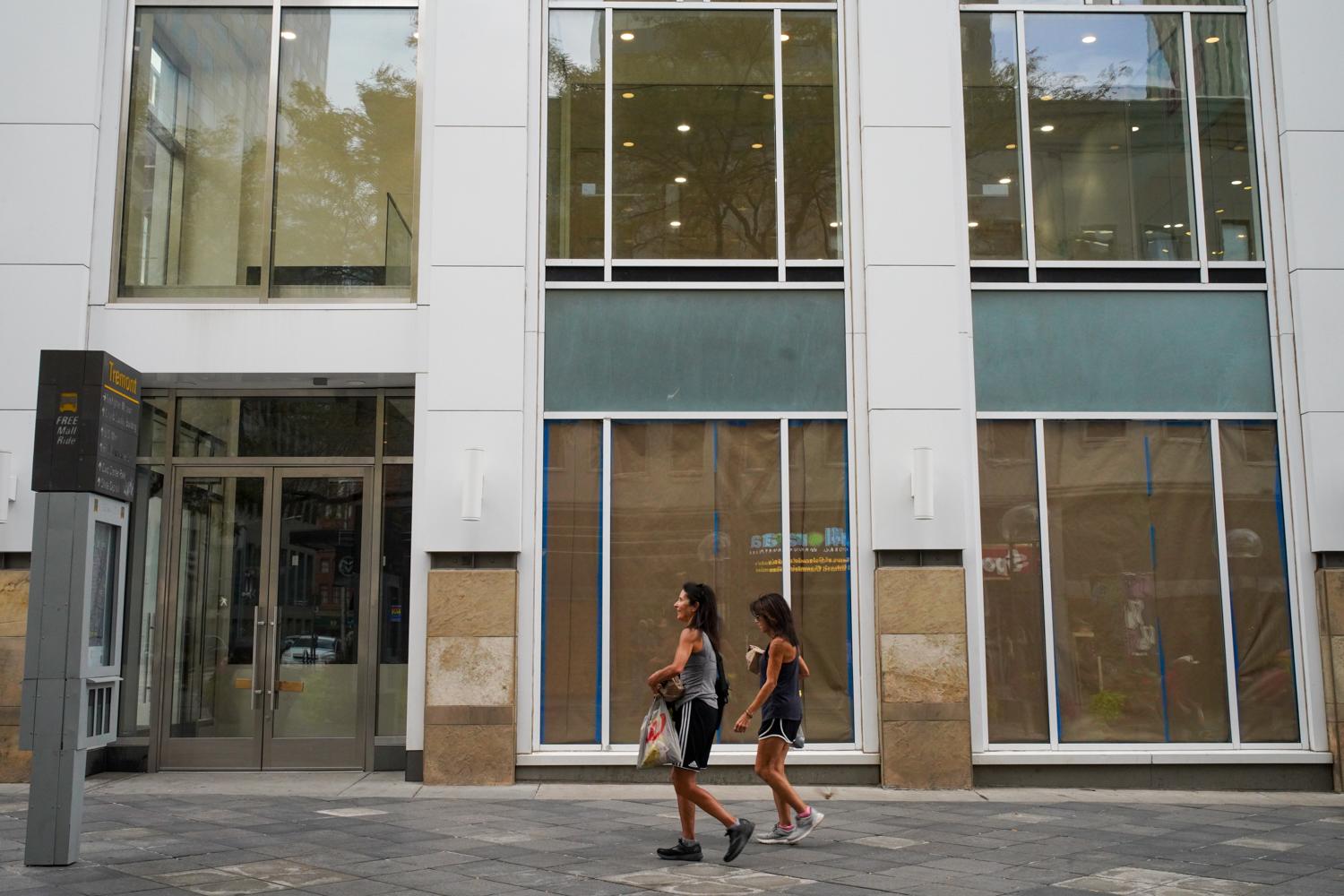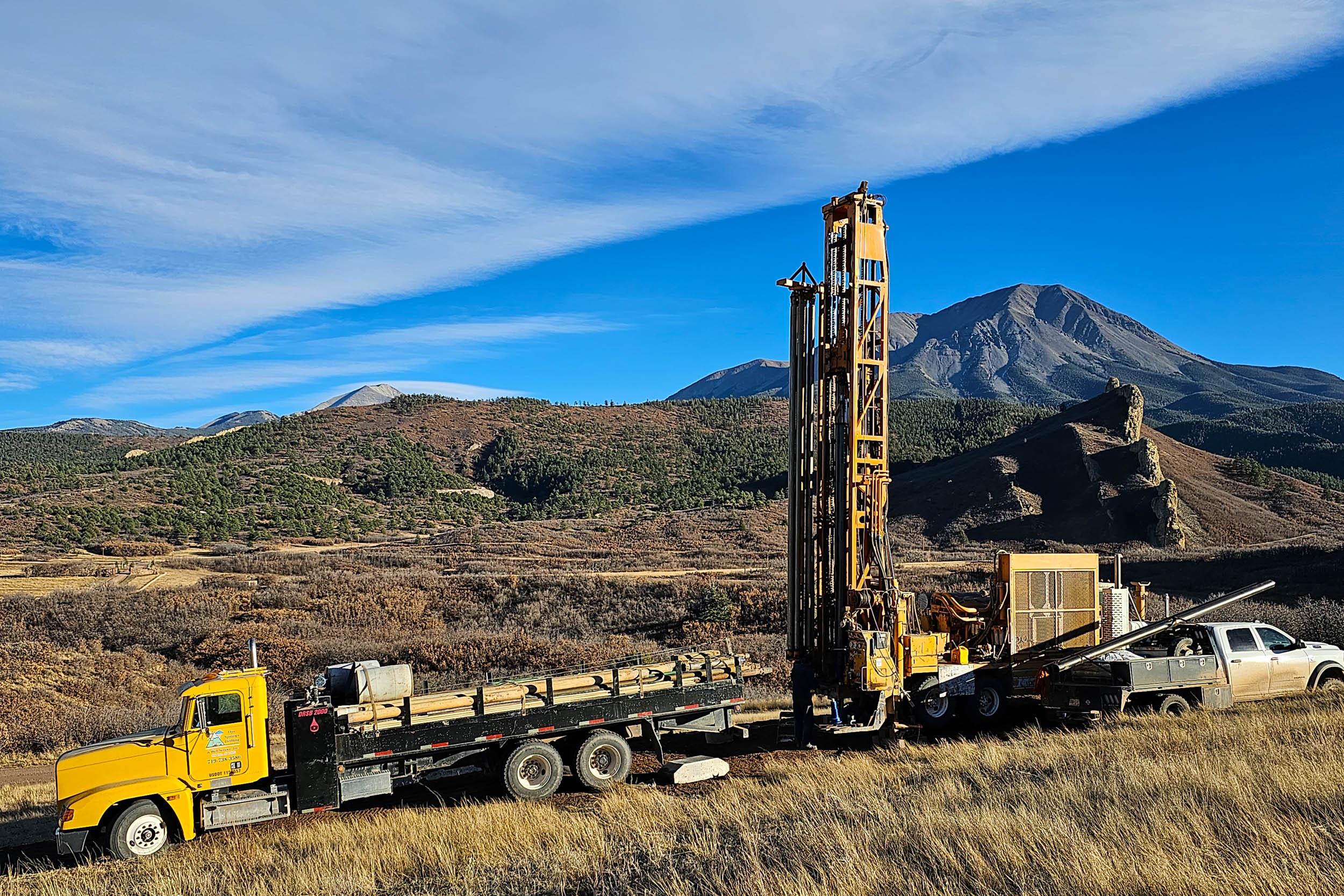
Colorado business leaders are feeling glum about their future prospects amid stubborn inflation, according to the latest Leeds Business Confidence Index from the University of Colorado.
Rising interest rates and ongoing supply chain issues are also dragging down economic sentiment, according to the most recent quarterly report from the University of Colorado’s Leeds School of Business. The survey captured 163 responses from September 1 through September 21.
Respondents anticipate weakness in sales, profits, hiring and capital expenditures heading into the final quarter of 2022, according to Richard Wobbekind, a senior economist and faculty director of the business research division at CU.
“These business leaders … are clearly signaling that they see weakness in the economy coming ahead,” Wobbekind said during a conference call with reporters.
The sour mood among the state’s business leaders mirrors the general mood of the public as the highest inflation rate in more than 40 years outpaces wage gains and eats into consumer buying power. The Federal Reserve is rapidly raising interest rates to tamp down prices, making it expensive for businesses and consumers to borrow money and further clouding the outlook.
Mortgage rates are more than double what they were a year ago and just reached their highest levels in more than 15 years, putting the brakes on home sales.
“Clearly the slowing housing market is putting another set of concerns on the table,” Wobbekind said.
Despite the economic jitters, job growth in Colorado and nationally remains strong – for now. Anecdotally, businesses are starting to hold off on filling open positions, Wobbekind said, though that has yet to show up in the data.
More than three-quarters of businesses surveyed by CU said inflation is having a moderate or extreme impact on their business operations. Roughly half said they will have to raise wages, cut expenses and pass along higher costs to consumers by increasing prices.
Still, in a somewhat hopeful sign, most anticipated inflation will start to moderate by next year.
“They are seeing the light at the end of the inflation tunnel,” Wobbekind said.









